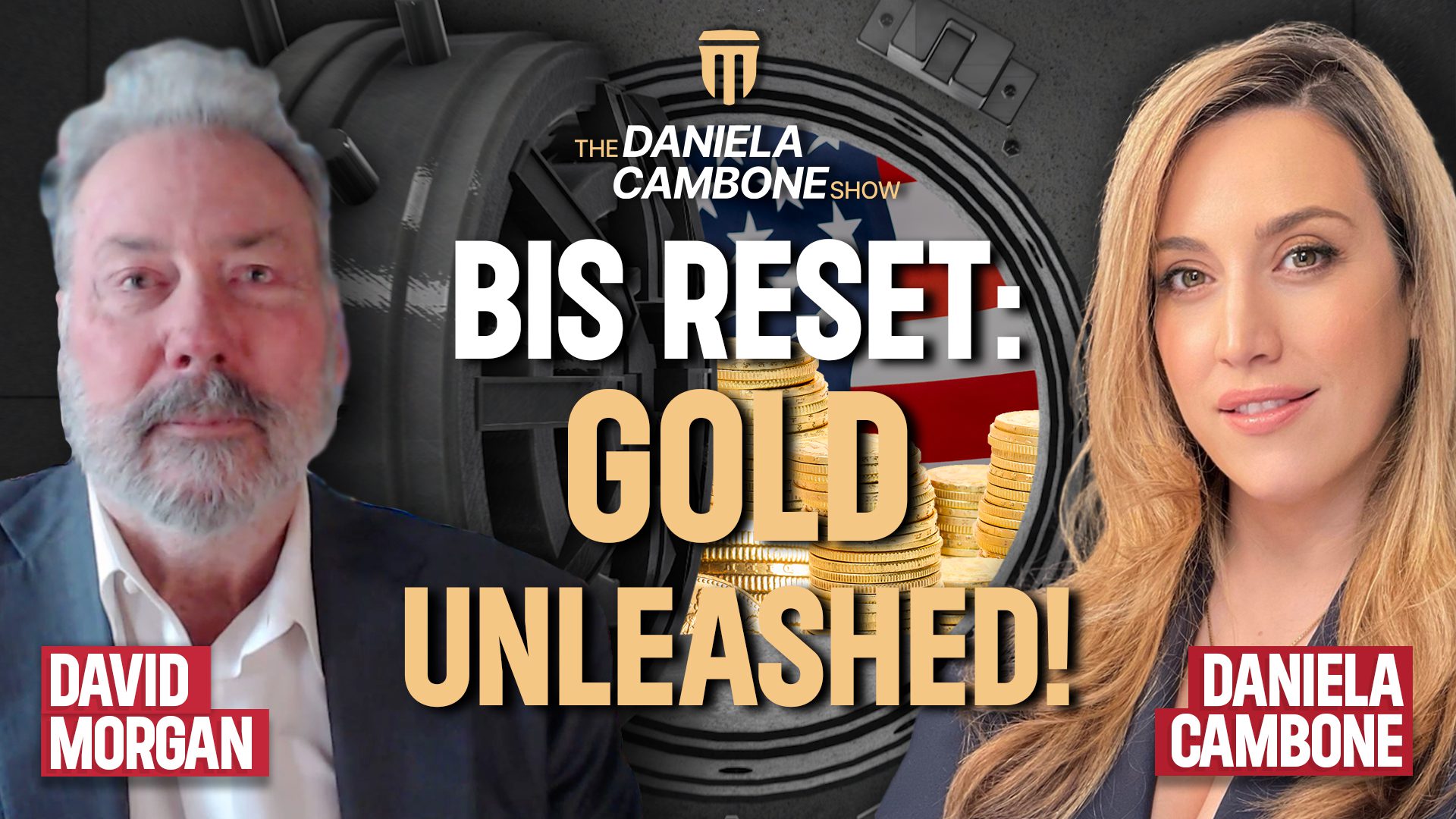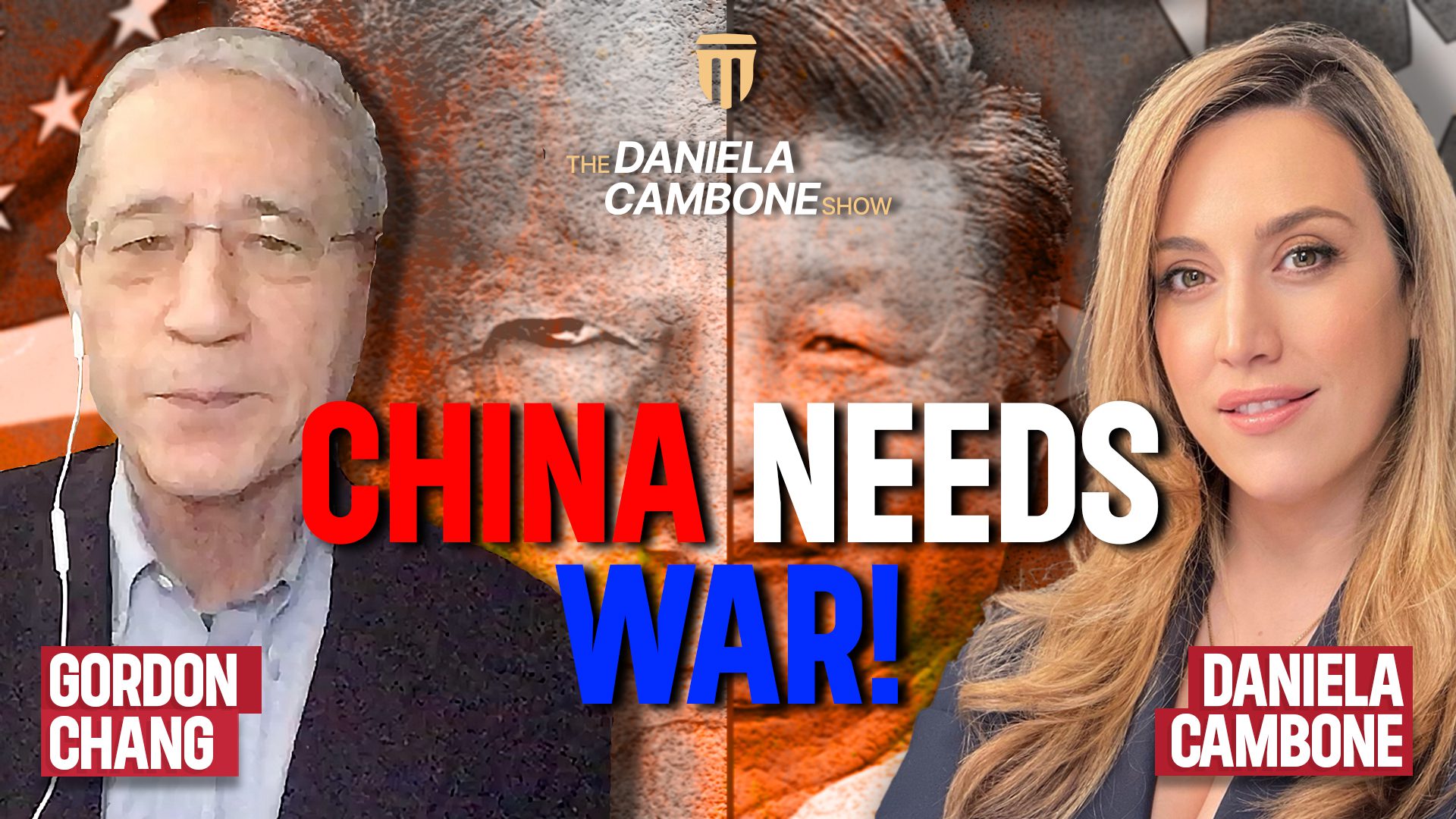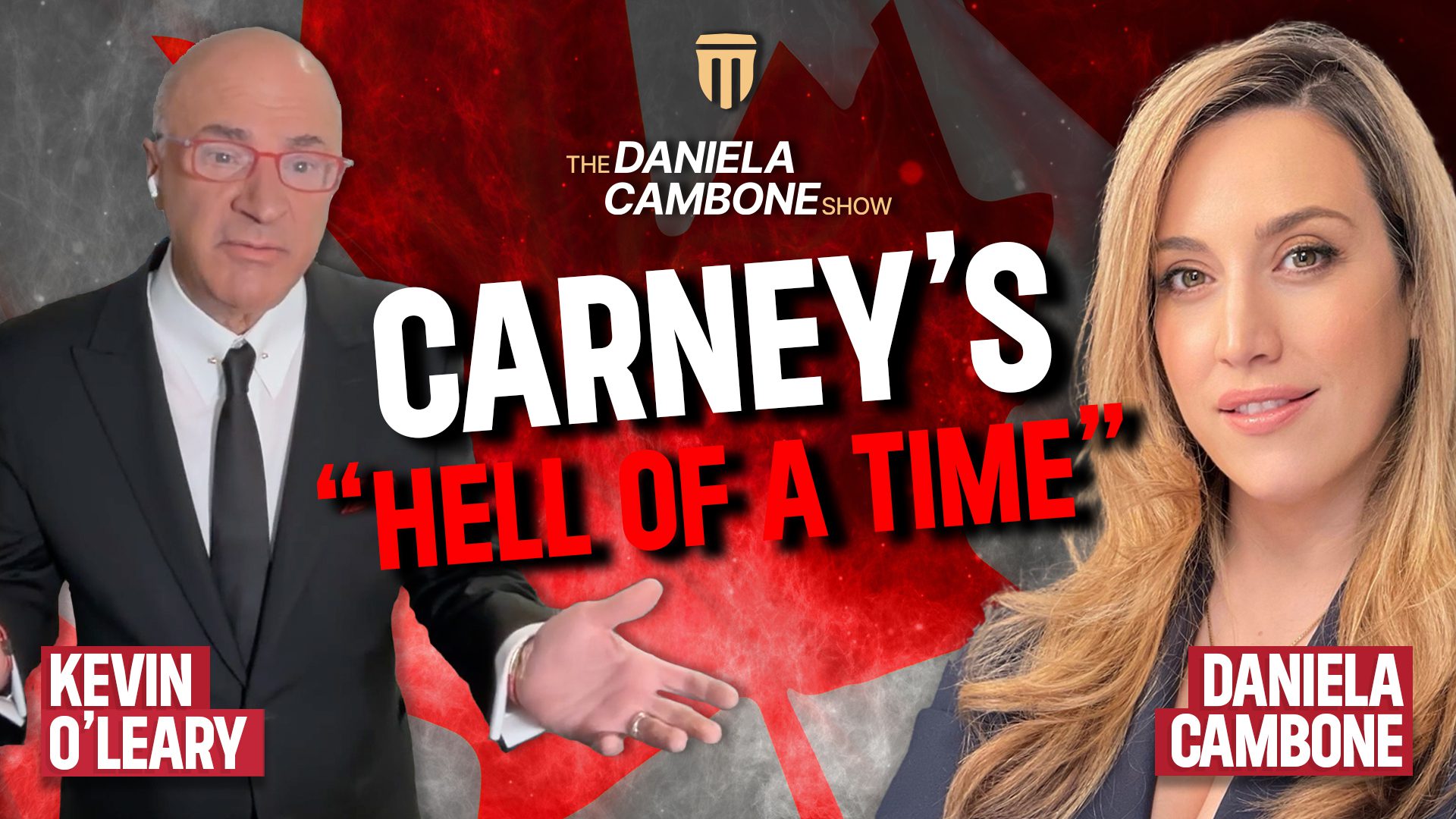Dollar-Dallying

Though technically we may no longer be in the midst of a recession, we still feel it tugging at our purse strings. For many the feeling of economic uncertainty is showing no sign of dissipating in the near future and, in truth, it most likely won’t. We are told that new jobs are being created and the government is working to alleviate the deficit, but we still witness sudden crests and troughs in oil prices and a steadily increasing debt. It seems as though the government and private citizens alike are realizing that to pay your bills today you must owe money tomorrow. The devaluation of the dollar is becoming an international spectacle and foreign investors place their bets which currency will be the next dollar. Political pundits are quick to point the finger of blame in an attempt to give quick and dirty answers as to why our financial situation is not shaping up the way we had hoped it would.
Some say it’s the president; others, oil speculators, and some xenophobes will tell you it’s China; but the truth is that we face constant economic uncertainty because our currency is inherently unstable. Gone are the days of the Bretton Woods system and enter the era of the dollar as fiat currency. Our dollars are no longer redeemable in gold and are essentially worthless pieces of cotton that are only of nominal value because some other countries fix their currency to the dollar, while most use it as a reserve currency for international exchanges. Yes, how we measure the dollar’s value is now a bit more abstract compared to how it was when the central banks were investing in gold. Instead of being tied to gold reserves, it is compared to exchange rates, Treasury notes, and foreign exchange reserves.
Under the new system, drafted during the Nixon era, the Federal Reserve has more liberty to manipulate interest rates, the amount of money in circulation and reserve requirements for other banks. Our elastic currency can readily respond to changes, such as rapid inflation. However, it entirely abolishes any form of accountability, leaving the status of our economy a point to be manipulated by opposing parties during elections. This causes more rapid and dynamic movement as monies are transferred, expectations are shattered and a cycle of negative reinforcement is perpetuated based on bad, flat-out erroneous, financial information, propagated by the media.
The stability of investing in precious metals, something determinable by factors, like production, that are concrete and leave little room for debate is unfortunately incongruous with the dynamics of the free market. It appears we must have a floating currency to be able to accommodate a growing economy. Yes, it is growing, but when viewed through the lens of dollar amounts and a staggering deficit it is hard for investors and citizens alike to believe this is so.














